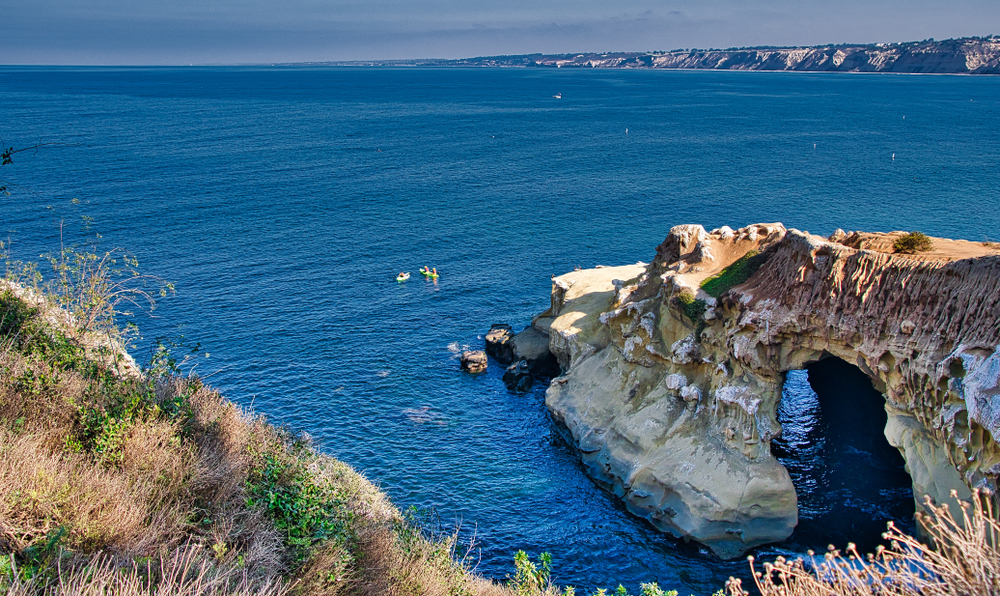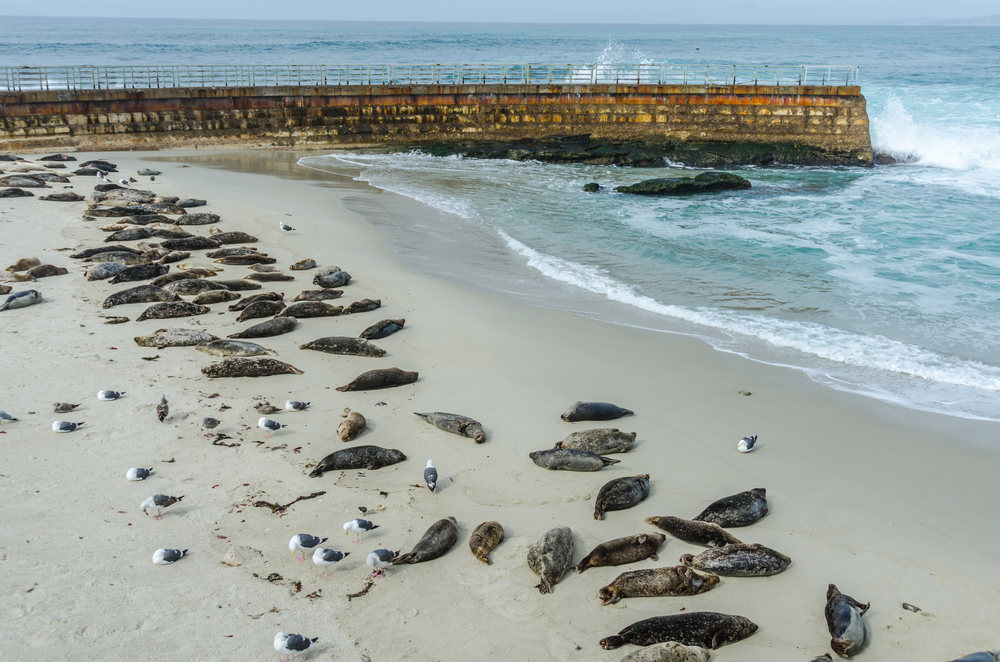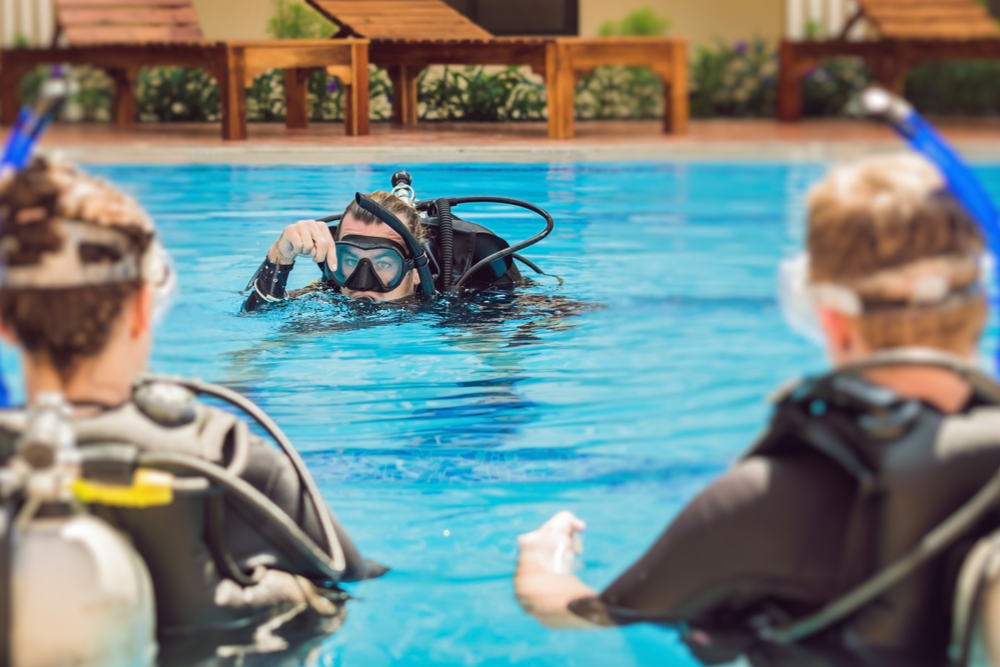There you are, sitting at work, daydreaming about some distant shore. You feel a gentle breeze cooling your warm skin as the sun shines brightly on your face. You hear the relaxing sounds of seagulls and halyards. And in the air, you note a hint of carne asada wafting through. It’s been far too long since you last traveled, and now it hits you – I need a Dive Vacation! Great vacations are made better with proper Planning. Our latest blog lays out a few items to consider for your long and short-range plans.
Long Range Planning
Purpose – What are you looking to do and explore? Do you want to do underwater photography, a seven-gill dive, visit a rocky reef site, or explore a sunken wreck site? Etc.
Select Location: Where is your diving destination? Are you planning to do a shore dive or a boat dive? What local or regional laws might impact you?
Determine Equipment Needs – What kind of specialty equipment will you need? Will you need a wetsuit or drysuit? Are there specialty gasses available where you are going? Are you using your own equipment, or renting?
Resources – What resources are available to you and would be most helpful? Consult relevant books, online articles, D.A.N., guides, emergency services, and dive clubs.
Preview Site – Familiarize yourself with as much information as possible before arrival. Refer to site maps, topography, prevailing currents, boat traffic, and depths.
Emergency Dive Plan – Gather information on emergency services, including information on the nearest hospital, pharmacy, emergency services, and emergency contact person for each dive.
Select Date/Time – Determine the best time of year for your specific purpose, including the best tides and coordination with dive plans (boat services, lifeguards on duty).
Make Travel Plans – Consider your transportation needs and your options. What modes of transportation will you require during your trip? Will you need to fly to your destination? If so, what airline is the most economical and the most efficient? Upon arrival and during your stay, will you need a ferry, taxi/Uber/Lyft, or a rental car?
Equipment Service – Before your trip, it is vital to inspect your diving equipment. Inspect the zippers on your wet/dry suit, weight pockets, and booties. Make sure your tanks are within V.I.P. and Hydro. And while you’re at it, take the extra step and get your regulator and buoyancy control device (B.C.D.) serviced by a professional.
Refresh Skills – If it has been more than five months since your last dive, consider taking a refresher course to confirm you can perform all of your basic skills. Basic skills include air sharing, tank & B.C. removal/replace, weight removal/replace, regulator retrieval, and lost buddy/unresponsive diver protocols.
Fitness – Remember, diving can be strenuous and taxing on the body. Make sure you can swim and move with all that gear on before trying to perform in the water and under pressure.
Short Term
Checklist – Take a few moments and list the items you will need. What kind of dive gear, travel gear, clothing, and specialty items will you need?
Specialty Items – Specialty items and equipment may include dive lights, lobster gauge, S.M.B., Save-a-Dive kit, and necessary licenses. A Save-a Dive kit includes extra batteries for your camera, a dive computer, dive lights, O-rings, straps, silicone, and an Allen wrench.
Medications – Do you take prescription medication? Will you require prescription medication? Do you have trouble with motion sickness? Consult your doctor about your needs, and they can help you be as prepared as possible. Other helpful items include sunscreen, aloe, lip balm, etc.
Inventory & Inspect Gear – Create an inventory of the diving gear you will need during your upcoming dives. As previously mentioned, make sure you inspect all items before your departure.
Weather Updates – To plan and pack appropriately, consult with a forecasted weather report. Constantly check the weather to confirm changes in climate, surf, winds, currents, and tides.
Written Plans – Write out your intended dive itinerary. Include information on your charter boats, dive locations, dive plans for each day, personal emergency contact number, and the date/time you expect to arrive home. Don’t forget to notify your contact upon your safe return.
Other Helpful Tips:
- Get yourself a Dive Accident Insurance (D.A.N.) card. It is always better to have added protection than not. As they say, “It’s better safe than sorry.”
- Allocate T.I.P. money for your guides. The rule of thumb in tipping is $10 per tank or 10-20% of dive charter cost.
- Take note of local and regional laws.
There you have it! Our long and short-range travel plan guide. Great Planning makes for excellent diving, so do take the time to consider our tips above. If you’re planning a trip to San Diego soon, be sure to jot down “Scuba Diving in La Jolla Cove” on your bucket list. While you’re at it, make sure to book your dive with San Diego’s best dive company – Trident Divers! Call us at (619) 415-9462 or visit our website to make your booking.











